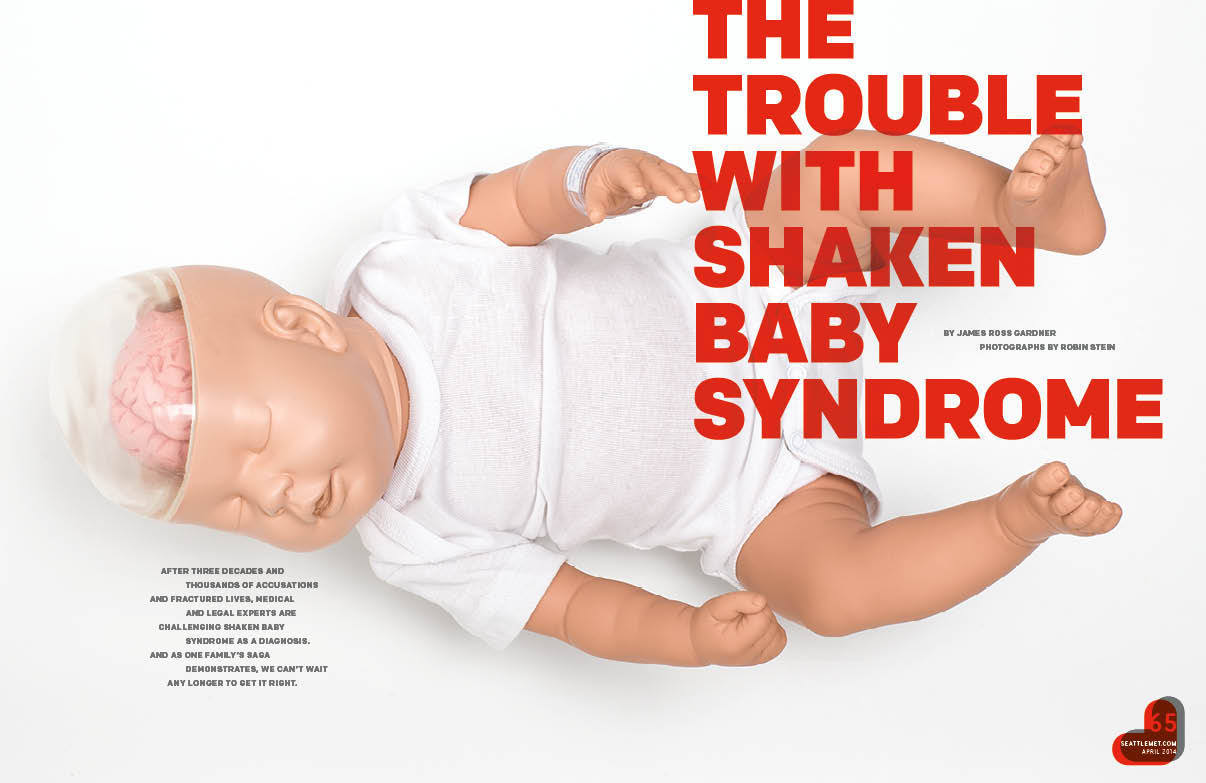
Shaken Baby Syndrome is a severe form of child abuse that can cause long-term damage to a child’s brain and development. This condition occurs when a baby or young child is violently shaken, causing their brain to move back and forth inside their skull. The impact of this movement can cause brain damage, seizures, and even death. In this blog post, we will discuss how Shaken Baby Syndrome affects a child’s development and what parents can do to prevent this devastating condition from occurring.
Table of Contents
The Effects of Shaken Baby Syndrome on Development
Shaken Baby Syndrome can have a range of effects on a child’s development, depending on the severity of the brain damage. Some of the most common effects of Shaken Baby Syndrome include:
- Cognitive and learning difficulties: Children who have suffered from Shaken Baby Syndrome may have difficulty with learning and retaining information. They may also struggle with problem-solving and decision-making.
- Behavioral problems: Children with Shaken Baby Syndrome may exhibit behavioral problems such as aggression, impulsiveness, and hyperactivity. They may also have difficulty with social interactions and making friends.
- Speech and language delays: Children with Shaken Baby Syndrome may have delays in speech and language development. They may have trouble expressing themselves or understanding others.
- Motor skill delays: Shaken Baby Syndrome can also affect a child’s motor skills, making it difficult for them to walk, crawl, or perform other physical activities.
- Vision and hearing problems: Children with Shaken Baby Syndrome may experience vision and hearing problems due to damage to the brain.
These effects can have a profound impact on a child’s life and may require long-term care and support. Children with Shaken Baby Syndrome may need speech and occupational therapy, special education services, and other interventions to help them reach their full potential.
Preventing Shaken Baby Syndrome
The good news is that Shaken Baby Syndrome is entirely preventable. Parents and caregivers can take steps to reduce the risk of this condition by following these guidelines:
- Never shake a baby: It may seem like a harmless way to calm a crying baby, but the effects of shaking can be devastating. Instead, try other soothing techniques such as rocking or singing.
- Ask for help: If you are feeling overwhelmed or frustrated, ask for help from a family member, friend, or professional.
- Take a break: If you need a break from caring for your child, ask someone you trust to take over for a while.
- Learn about infant development: Knowing what to expect from your baby’s development can help you anticipate their needs and prevent frustration and stress.
- Be aware of warning signs: If your baby is crying excessively, has difficulty breathing, or has seizures, seek medical attention immediately.
By following these guidelines, parents can help prevent Shaken Baby Syndrome and ensure their child’s healthy development.
Conclusion
Shaken Baby Syndrome is a devastating form of child abuse that can cause long-term damage to a child’s brain and development. The effects of this condition can be severe and may require long-term care and support. However, Shaken Baby Syndrome is entirely preventable, and parents can take steps to reduce the risk of this condition. By following these guidelines and seeking help when needed, parents can ensure their child’s healthy development and well-being.
Frequently Asked Questions
Q: What is Shaken Baby Syndrome?
A: Shaken Baby Syndrome is a severe form of child abuse that can cause brain damage, seizures, and even death. It occurs when a baby or young child is violently shaken, causing their brain to move back and forth inside their skull.
Q: What are the effects of Shaken Baby Syndrome on development?
A: Shaken Baby Syndrome can have a range of effects on a child’s development, including cognitive and learning difficulties, behavioral problems, speech and language delays, motor skill delays, and vision and hearing problems.
Q: How can Shaken Baby Syndrome be prevented?
A: Shaken Baby Syndrome is entirely preventable. Parents and caregivers can reduce the risk of this condition by never shaking a baby, asking for help when needed, taking breaks from caring for their child, learning about infant development, and being aware of warning signs.
Q: What should I do if I suspect Shaken Baby Syndrome?
A: If you suspect that a child has been shaken, seek medical attention immediately. Shaken Baby Syndrome can cause severe brain damage, seizures, and even death.
Q: What kind of support do children with Shaken Baby Syndrome need?
A: Children with Shaken Baby Syndrome may need speech and occupational therapy, special education services, and other interventions to help them reach their full potential. They may also require long-term care and support.
